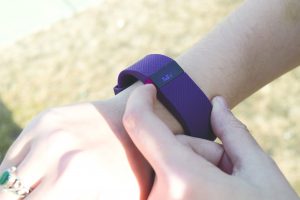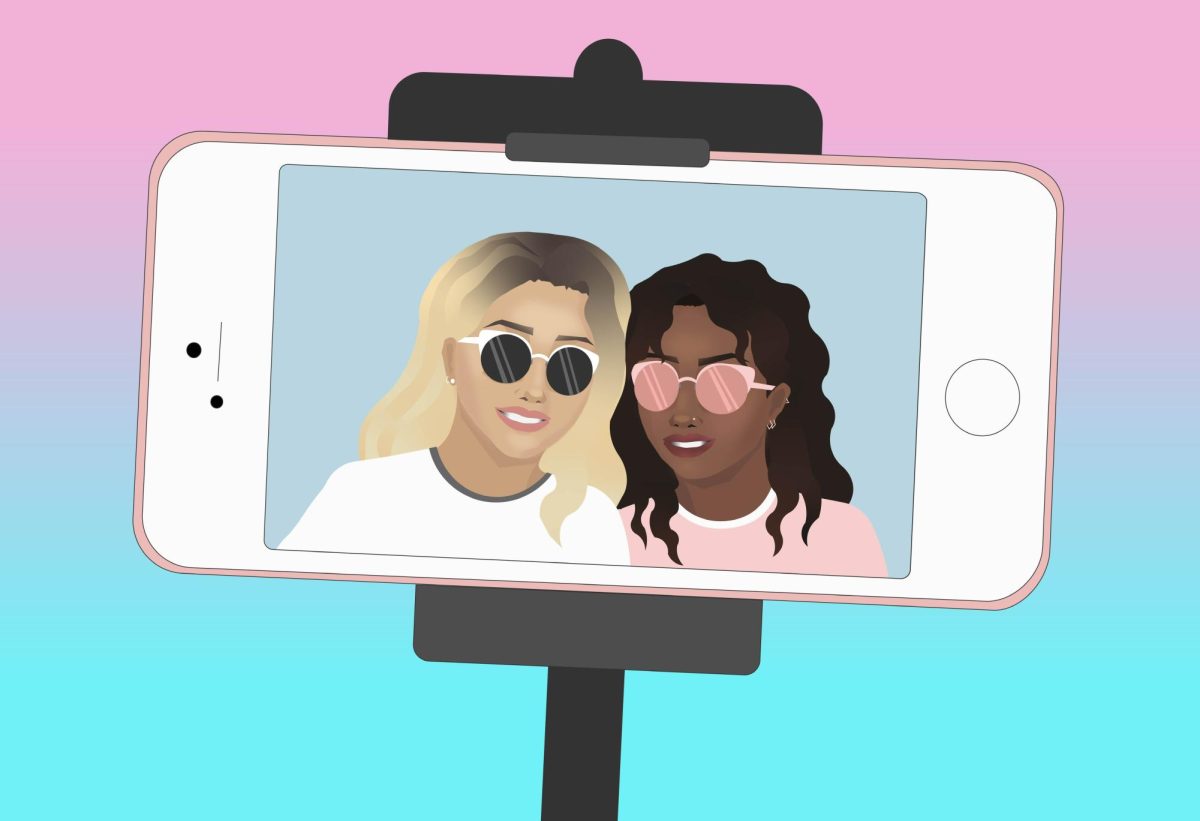There’s been a recent health fad of fitness and activity tracking devices which are conveniently found on smartphones or worn on wrists.
[media-credit name=”RYAN THORNTON” align=”alignnone” width=”354″] [/media-credit]
[/media-credit]
On my bus ride home this week I noticed seven of the 10 people on board, myself included, were wearing a variety of trackers of different colors and designs on their wrists, including the popular Fitbit and Jawbone.
Retailers, marketers and doctors have promoted them to track movement, calories, sleep and even heart rate.
According to Psychology Today, although these devices offer some benefits, there are also some things we should know as we start to take advantage of the warmer days through walking, biking, hiking, jogging or playing Frisbee with newly popular tracking devices.
Pros
-The trackers offer a way to become aware of how we are treating our bodies.
-Many offer advice promoting nutritious and well-balanced food and water intake, a suggested 20-minute daily activity to increase our heart rates and just how much sleep we are getting each night.
Cons
-With the ability to track calorie intake including the amount of calories needed to reach a certain weight and the amount you move in a given day, these devices can act as a trigger for eating and body image disorders.
-Health is being reduced to mere numbers in these trackers, which cannot possibly convey a sense of comprehensive wellbeing.
-Every body is different; everyone processes activities, food and life differently, and should not be reduced solely to the use of a mass produced activity tracker.
It is important to realize there is more to one’s health than what is displayed on the screen, which can often be hard to realize as we become hyper-focused on these “goal” numbers the tracker presents.
Although it can be a useful tool, it is important to put the tracking device in perspective and understand it does not define our complete health. It is a tool whose purpose is to help us become aware of our bodies and how we treat them, and to help us live a more well-rounded lifestyle. However, if users are finding it is doing more harm than good, the device should be taken off or deleted.
If you need any support or counseling, contact UVM Counseling and Psychiatry Services by calling 802-656-3340.







